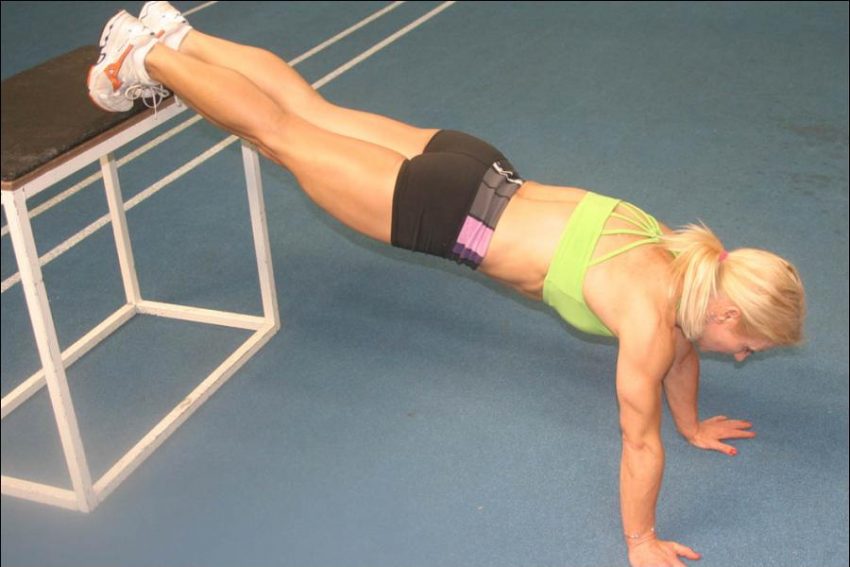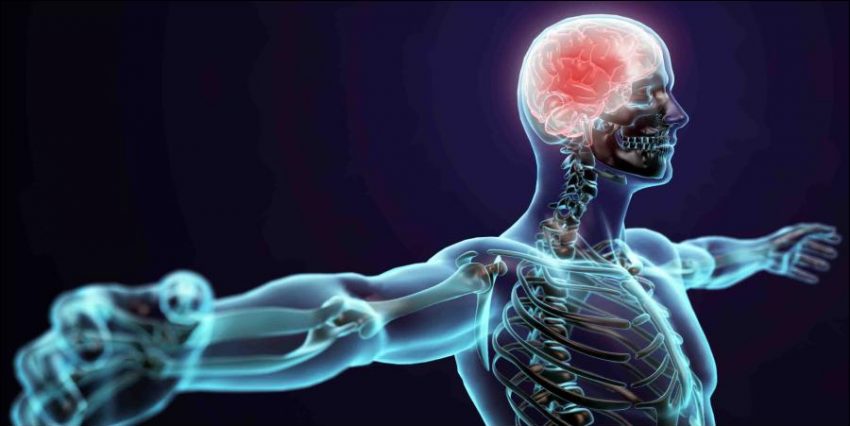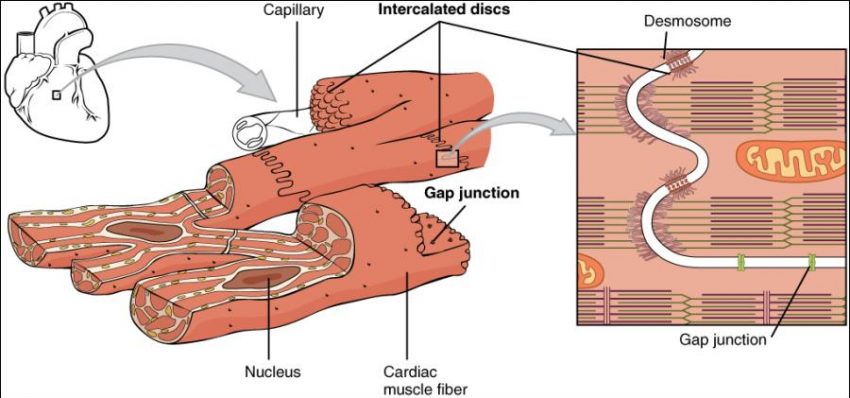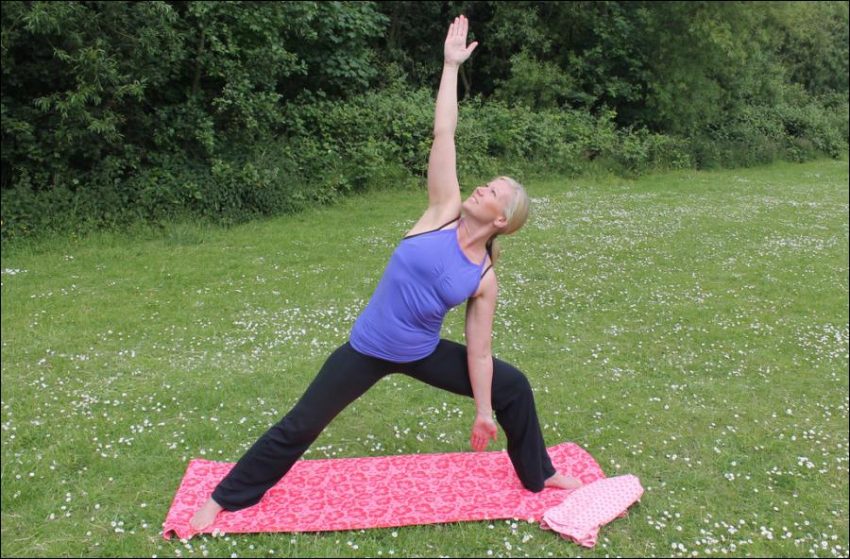Getting fit doesn’t have to be complicated. Simple bodyweight exercises can be a great choice for achieving gains in strength, flexibility, and overall health. Best of all, they don’t cost a thing and you can usually do them just about anywhere. Still not convinced? We’ve got 13 reasons why bodyweight exercises should be a key component to your workout regime.
Introducing Muscular Strength
Strength may be defined as the ability to do work against resistance. The amount of muscular force which can be exerted against a resistance depends upon the size of the muscles involved, the proportion of the constituent fibers engaged in the action, the coordination of the muscle groups, the physical condition of the muscles and the mechanical advantage of the levers employed.
Central Nervous System
The central nervous system comprises the brain and spinal cord and is composed of myriads of neurones. These are connected to form a very complex chain and network through an innumerable number of synaptic relationships. The cell bodies are massed in the gray matter of the brain and spinal cord while the nerve fibers constitute columns of white matter.
Cardiac Muscle and Striated Muscle
Cardiac or heart muscle stands, both structurally and functionally, in an intermediate position relative to the two other varieties of muscle. It is imperfectly striated and branches freely so that there is muscular continuity throughout the atria as one unit and throughout the ventricles as another. In the mammalian heart the atria are separated from the ventricles by a connective-tissue ring. Similar to smooth muscle it is involuntary and contracts rhythmically, irrespective of its extrinsic nerve supply.
Balance and a Rapid Restoration of the Body
Many types of skilled exercise require an accurate sense of balance and a rapid restoration of the body to its normal position when balance has been disturbed. This ability depends on nerve impulses originating in the labyrinth of the inner ear (the otolith organs and the semicircular canals).
Application of Muscular Force
The mechanical action of the levers employed determines the power which the muscle must exert to perform the work. Two factors influence the amount of power which a muscle can supply to its lever: variation in the strength of the pull resulting from different degrees of stretch of the working muscles and)the mechanical advantage of the lever. The position of a muscle at contraction affects the strength of the pull of the muscle.





